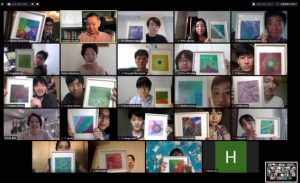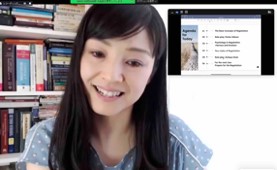Posted on: Aug 21, 2020
Can Leadership Be Taught Online?
Leadership Core Program 2020
As I scroll down one of the comment threads of Leadership Core Program’s Facebook group, a comment from one of the students caught my attention:
“Among so many classes which focus plainly on building technical knowledge, it was very refreshing and important to finally have some deeper conversations with fellow students about life, the things that are difficult, the things we want to do and where we want to be. The program has a very unique atmosphere which is open and encourages people to speak their mind.”
As a teaching assistant of this course, the question whether leadership ideas can be put across to students constantly hovered my mind after each class. Now, as I scrolled down my screen and read more comments from the students similar to the one above, I am convinced that the Leadership Core Program was able to do so.
Leadership Core Program
ToTAL’s Leadership Core Program is not your typical, run-of-the-mill science and engineering Tokyo Tech class. This course is uniquely designed to provide leadership training to students as they delve into deeper introspections of their life experiences. The topics tackled in this seven-week course were diverse, spanning from community building in Day 1 to goal setting in Day 7.
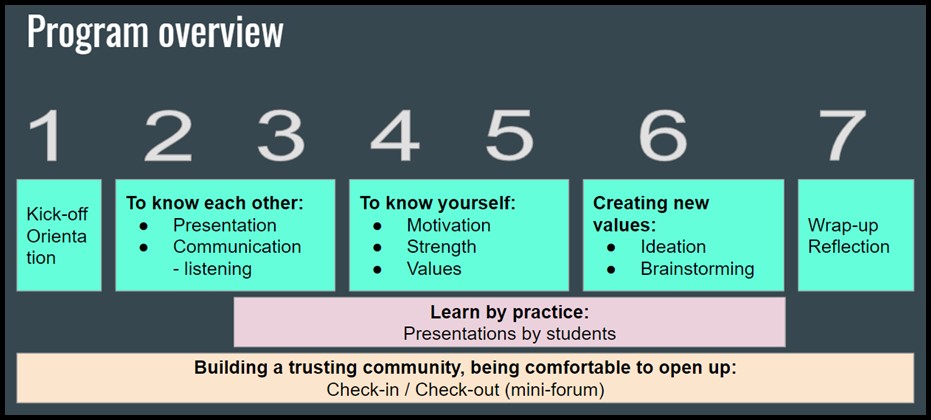
Student interaction
Due to COVID-19, this course was entirely conducted online which may have raised a few eyebrows as to how leadership skills can be effectively honed through computer screens. Although face-to-face interactions would have been ideal, the limitations set by the pandemic facilitated creative ways for students to use technology as a platform in showcasing their leadership and influencing others through their digital footprints.
All Leadership Core Program classes were held via Zoom. Apart from Zoom calls where students could freely speak their minds, an online tool where one can send anonymous comments during class was also utilized especially by the shy types. Real-time collaborations during class were abundant, and the students remained interactive after class through the weekly discussion questions posted in their Facebook group. One student posted:
「普段、留学生とコミュニケーションを取る機会がなかったので非常に楽しく授業を受けることができました。Check-inの際のようなゲーム (自己紹介)は、初めてで新鮮でした。」“Typically, I don’t get to communicate with international students so it’s quite fun that I’m able to take this class. The self-introduction icebreaker was a first for me, and it was a refreshing experience.”
Building trust
Each student got a chance to do a five-minute self-introduction presentation about his/her background, research, interests and goals. This did not only help students be more comfortable with their presentation skills, it also highlighted their individuality and how every single one of them contributes to the class’ diversity. This provided a safe and comfortable space for the students to share their stories and relate to each other’s experiences on a deeply human level. During the relationship-building activity, a student shared to everyone:
“This is a story of my friends. He got kicked out of the house by his father. Then, he told to me about it. I felt that the incident is the biggest tragedy. This is why I went having meal with him everyday, and considered the problem together. There were so many things, but now he is best friend of mine. Now we talk about everything which I can’t tell another. This is my wholeness.”
As the course progressed, the class activities became more personal that involved students leafing back through the pages of their life with the aim of finding leadership elements from their lived experiences. During the lifeline exercise, one student interviews another student about the highs and lows of his/her life. A third student observes the interview in an objective space, trying to be aware of the emerging emotions coming out of the interview. Other more activities such as the CV of Failure (original idea by Melanie I. Stefan) involved a rather radical way of opening up about one’s failures by listing all previous failures in a CV form.
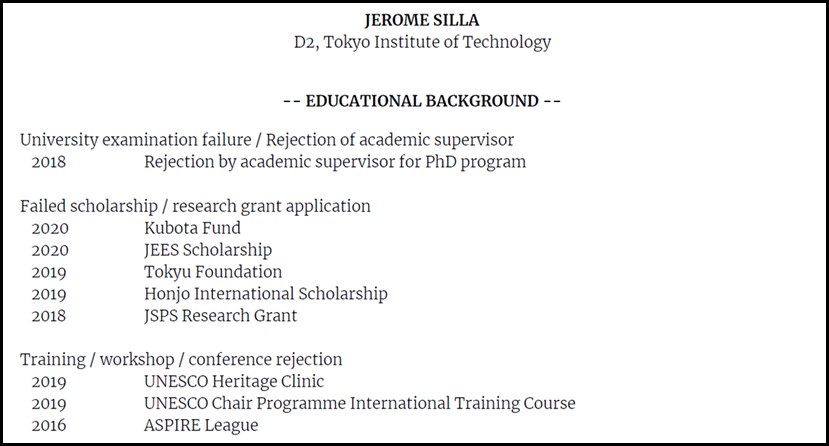
Ideas and Innovations
After many breakout sessions that involved harnessing communication and cultivating trust, one of the last activities was about idea generation. While some people are overpouring with creative ideas, others find it difficult to come up with just one especially when put on the spot. This idea-generation activity helped students go beyond their embarrassment of producing “bad ideas” by making them aware of their own stereotypes and biases that ultimately limit their creative process. It turned out to be one of the most fun classes, as attested by the students themselves:
“Generating “bad” ideas is actually not bad, it can help to lighten the atmosphere, and also may actually inspire some good ideas!”
「普段は自分のアイデアを伝えることを躊躇してしまいがちなのですが、今回は余計なことは考えずにとにかくアイデアを出し続けました。」“I usually hesitate sharing my ideas, but this time I stopped thinking about unnecessary things and was able to continuously come up with ideas.”
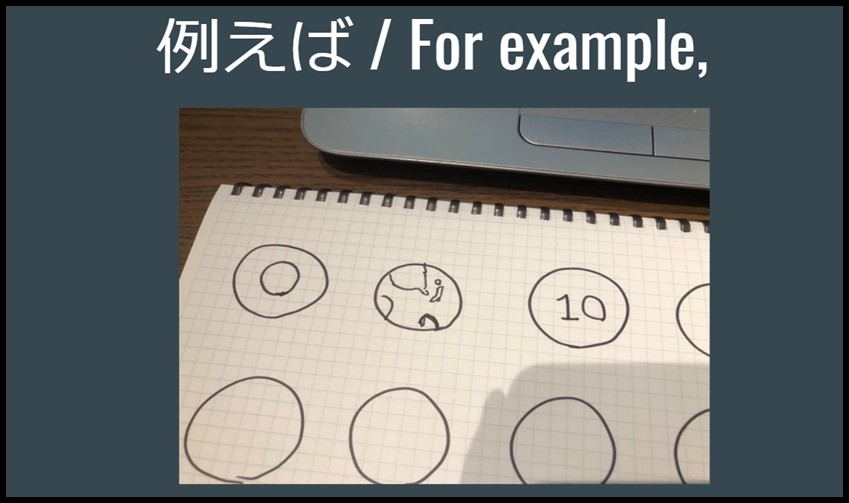
The idea and innovation activity helped the students squeeze their creative juices
Takeaways
Being able to observe the course as a teaching assistant throughout the spring semester gave me a bird’s eye view that the Leadership Core Program does not intend to equip its students the proper tools to be a leader. Rather, it aims to provide a training ground for the students to learn different processes for them to observe and identify at their own the elements paramount to their individual definition of leadership.
As we ride along the bumps and humps of this pandemic, the facilitators of the Leadership Core Program will strive to develop various techniques to encourage students demonstrate leadership at their own capacity, and it starts by providing a conducive learning environment, irrespective of whether it is face-to-face or digital.
(reported by: Jerome Silla, 2018 ToTAL student)

